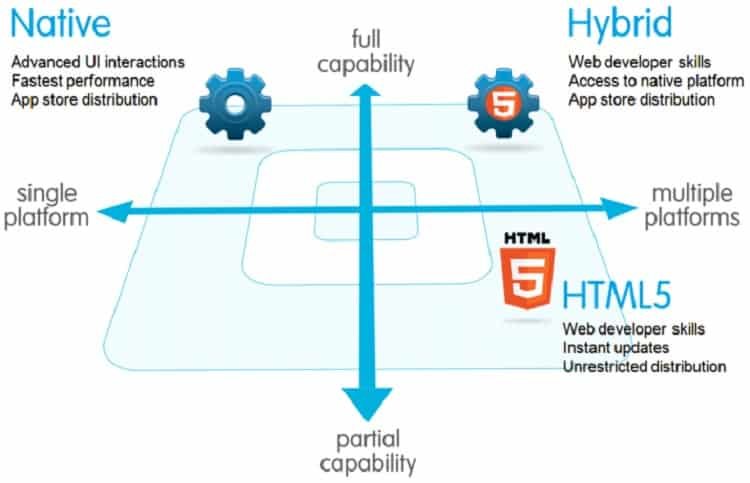One of the biggest dilemma with which organizations face is whether to offer readers and customers a native app or just have an HTML5 app. There are many advantages and disadvantages in both cases, and the debate which one is better has been ongoing for a longer time now. What is interesting is that there is an equal number of supporters on both sides and advice vary.
HTML5 Vs Native Apps
While some would say that customers prefer native apps, many mobile internet users prefer not to overload their smartphones or tablets with too many app. This is where having HTML5 app comes in handy, something that websites from different niches have felt best.
For example, more and more NetEnt internet casinos are dropping their native casino apps and implement HTML5 apps so that their games can be played directly in a mobile browser. You can try it out with 50 free spins directly in your browser and see the advantages of HTML5 apps yourself.

Mobile experience has a huge impact on how a consumer will rate and view the brand in question. More than 50% of mobile users have said that a poor app puts them off and they regret the time spent on downloading it more compared to just trying a poor HTML5 app.
This is one of the main advantages for HTML5 apps, the fact that many consumers don’t like to bother or wait until a native app installs only to find out that they don’t like it and delete it immediately. With HTML5 you experience the brand or service directly in your mobile browser and if you don’t like it you just go on to the next site. Wasting time with downloading and installing infuriates people more than having to open an HTML5 app in a browser.
Yes, a native app can offer best performance and sometimes full access to the underlying device hardware, but now even HTML5 apps can do that. On top of that responsive HTML5 apps work across every channel and they are multi-functional.
They may not be optimized as native apps and may offer longer loading times, but they are very close to a full optimized state and don’t take up memory. HTML5 apps can sometimes bridge the gaps that appear between native apps and non-HTML5 mobile websites.
Even if we present the pros and cons a hundred times over, the debate would still go on until something new appears. In the end, based on user experience we still think that HTML5 apps are more powerful compared to native apps.